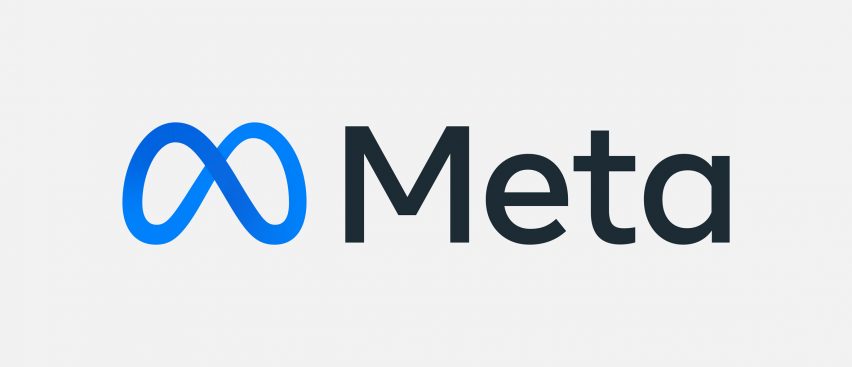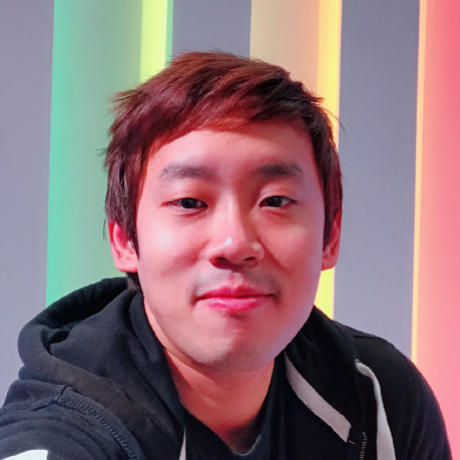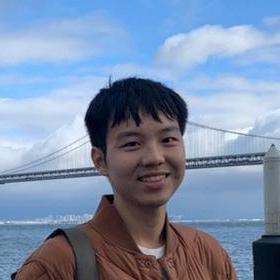Recently, I have met many juniors and peers especially from non-computer Science related backgrounds asking me about securing a job as a fresh graduate especially in this area of software engineering. Here's my take and some tips and tricks to get started.
Why You Should Include Debugging In The Interview Process
See discussions on Hacker News
Most technical interviews are over-indexing on coding
Over the past two years, I have interviewed with over 10 different tech companies ranging from hot startups like Coinbase, Stripe, and Instacart to FAANG companies like Amazon and Meta, for Software Engineer positions of various levels.
The technical interview processes I have had all consisted of at least two rounds of coding interviews, where I either had to solve an algorithmic, LeetCode-type question or build a practical app/feature. During those coding interviews, I always started with an empty slate: if it was an algorithm-heavy interview question, there would be a literally empty file in the editor for me to start writing code; if it was a practical app building exercise, there might be some boilerplate code or some utilities/helper functions available but still I was expected to build the app/feature from scratch.
Take Control Over Your Coding Interview
The interview question
Imagine you were a university student looking to land an entry-level software engineer job and you were having this technical coding interview. The interview question starts with a table showing amount of units of a product sold at the shop and the corresponding price per unit. The idea here is that there is an incentive for customers to buy in bulk – the more we can sell the lower the price:
purchase quantity price per unit
1-5 5 dollars
6-10 4 dollars
11-20 3 dollars
20+ 2.5 dollars
Front End vs. Back End System Design Interviews
Walkthrough of similarities and differences between front end vs. back end system design interviews and my thoughts on a front end career ceiling.
My Experience Working as a Meta (previously Facebook) Engineer
A number of the folks I referred have completed their interviews and are in the midst of deciding which company's offer to accept for their internship/full-time roles. Hence I figured it might be a good time to write about my experience at Meta (previously Facebook) so far as it could be helpful in helping some of them make their first important career decision!

Disclaimer: Opinions are my own and do not represent the views of my employer (Meta)
A Glimpse into Front End Interviews
A glimpse into the front end interview process and questions that frequently come up.
Resume improvement case study
As an example of putting the Resume tips to practice, let's reviewing Teik Jun's resume, critiquing it and improving it. At the time of writing, Teik Jun is a Year 4 undergraduate at National University of Singapore and is looking for a Software Engineering (SWE) internship for the summer of 2022.
Front End Career Questions
Recently a junior front end engineer at a startup in Singapore reached out to me to ask me how front end development as a career.
Facebook Career Q&A
A number of students from the Project Intern group have been asking me questions related to Facebook internships, working at Facebook, and my personal journey. I decided to write down my answers in the form of a blog post so they can be shared more broadly and I can point people to this blog post in future whenever I get asked similar questions.
Importance of Communicating Effectively as Engineers
tl;dr: communicating effectively broadly and frequently helps you grow as an engineer and we have many tools built to do that!
At Facebook where I work at, strong communication is crucial for a successful career. As engineers, sometimes we get too focused on execution and it's easy to forget about communicating our work broadly. Perhaps some of us are new to a large engineering organization and previously did not have the tools to foster communication nor was it emphasized by the company.



